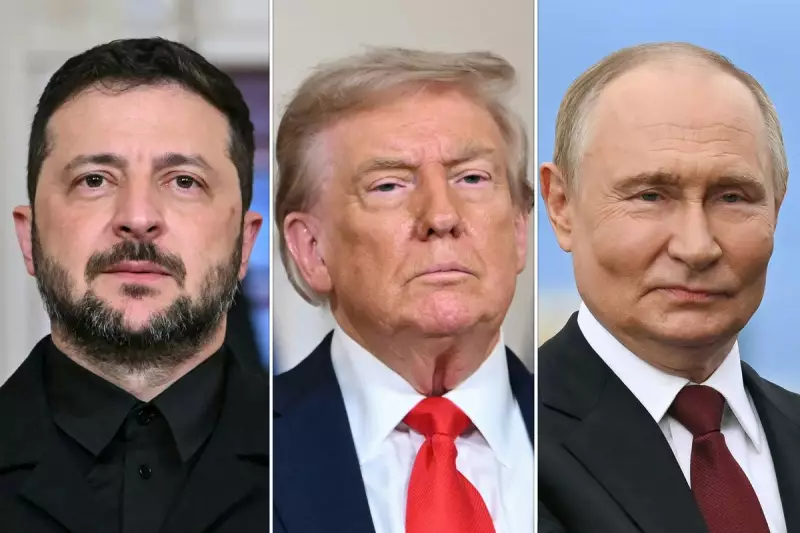
Vladimir Putin has launched a stunning geopolitical broadside, claiming that a re-elected Donald Trump would have swiftly ended the war in Ukraine by cutting off vital American military assistance, forcing Volodymyr Zelensky to capitulate to Moscow's demands.
The Russian president's remarks, made to state news agencies, represent one of his most explicit commentaries on the potential impact of the US election. He painted a picture of an alternate reality where a Trump victory would have left Kyiv with no choice but to accept a negotiated settlement heavily favouring the Kremlin.
The Alleged 'Backchannel' Deal
Putin's narrative suggests an intimate understanding of Trump's purported plans, alleging the former president had a ready-made strategy to resolve the conflict. "He has his own view on how relations with Ukraine should develop," Putin stated, implying this view aligned with Russian interests.
This claim will likely fuel ongoing debates in Washington about Trump's perceived softness toward the Russian leader and his repeated promises to end the war "in 24 hours"—a pledge met with deep scepticism by military analysts and US allies.
Zelensky's Precarious Position
The Ukrainian president finds himself in an increasingly vulnerable position. His decision to reject earlier negotiations, a move Putin cited, now hangs over him as future US support appears uncertain. With American aid stalled in Congress and a potential Trump return to the Oval Office, Kyiv's strategic calculations are being upended.
Putin's comments seem designed to drive a wedge between Ukraine and its most powerful backer, suggesting that continued Western support is ultimately futile.
A Psychological Blow and a Warning
Beyond the immediate political shockwaves, the statement serves as a potent piece of psychological warfare. It aims to demoralise Ukrainian forces and signal to European capitals that their efforts are unsustainable without full American commitment—a commitment Putin implies is transient and subject to electoral whims.
The Kremlin's message is clear: the resolve of the West, particularly the United States, is finite. Putin is betting that time and political change are on his side, calculating that Western fatigue will eventually deliver him a victory that has eluded him on the battlefield.





